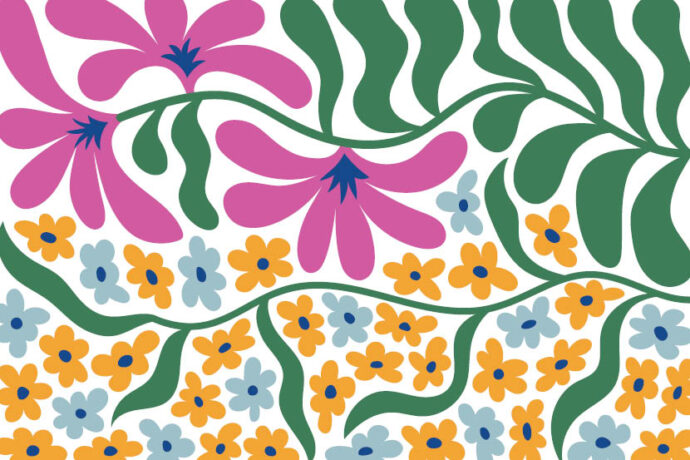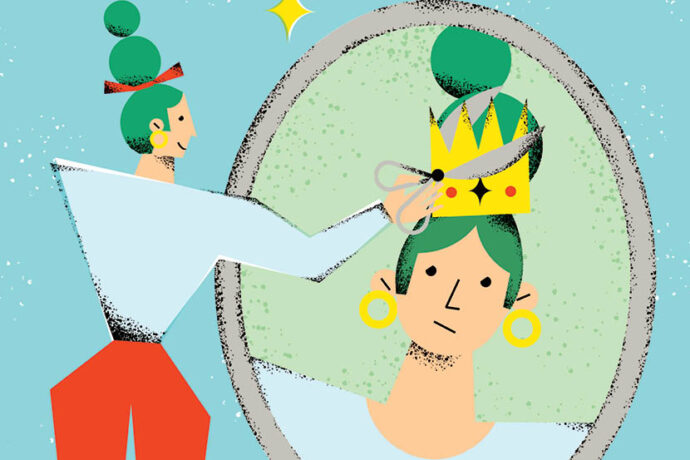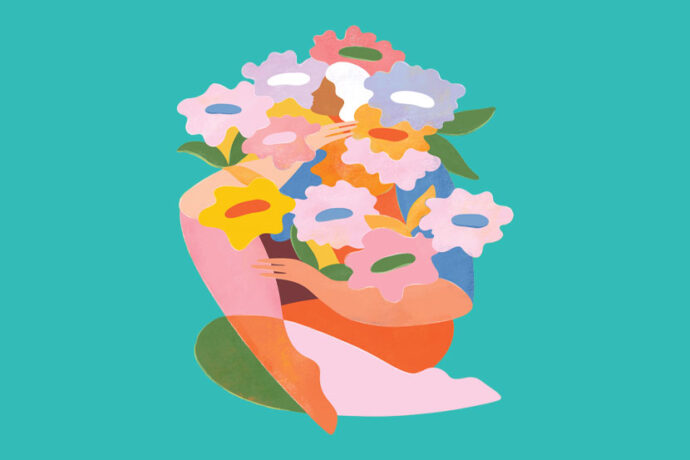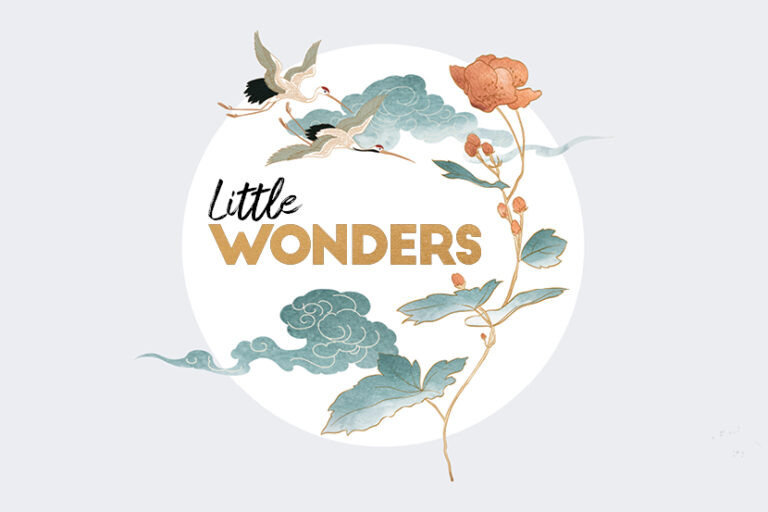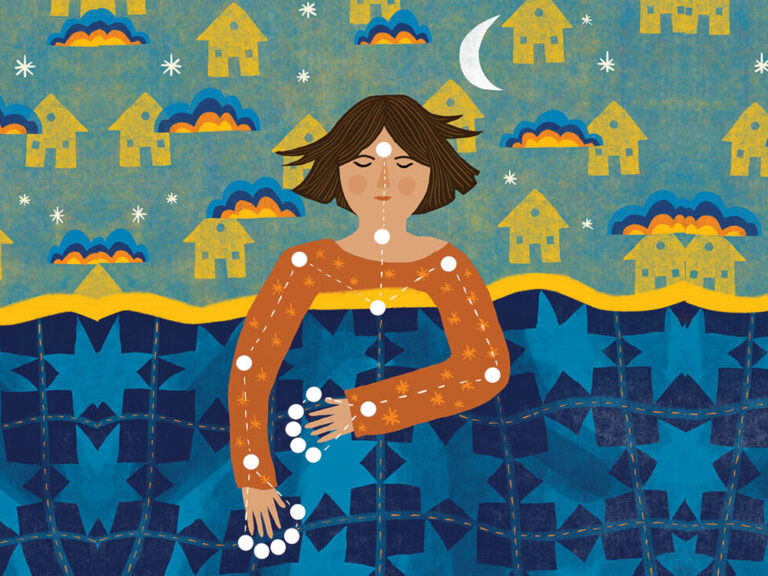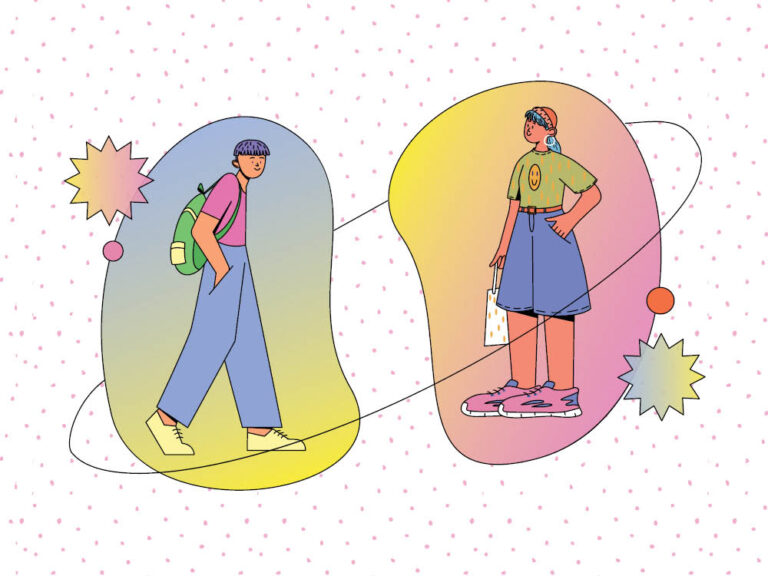
When we dream the brain bursts into life, creating a mysterious alternate reality.
When we dream the brain bursts into life, creating a mysterious alternate reality. But scientists are no closer to agreeing why it does this than they were when it was still regarded as divine intervention.
We all dream, even those who insist they don’t dream, do. They just don’t happen to remember them. The average night’s sleep is described in terms of a cycle. It consists of five distinct stages but it is during the final stage – REM (rapid eye movement) sleep – that we actually experience the most vivid and memorable dreams.
The body is in a weird hinterland at this point; breathing becomes shallow and irregular, and limb muscles become temporarily paralysed and our eyes begin to jerk in various directions. The brain goes to great lengths to preserve this dream state, so external sounds like alarm clocks are often incorporated into the dream narrative, so as not to interrupt the flow.
No two people dream alike: a dream can last for a few seconds or nearly half an hour, with longer dreams occurring later on in the sleep cycle. Most people have between three or five dreams a night and unless you write down what you have dreamt as soon as you wake up, you are likely to forget it. Tests have shown that the brain is as active during REM sleep as if it was awake, but what is it doing?
William Dement is a pioneering sleep researcher and founder of the Sleep Research Centre at Stanford University in the US. He found that subjects who were deep in REM sleep demonstrated high levels of tension, anxiety and irritability, plus a lack of coordination and inability to concentrate when they were woken up. His conclusion was that dreaming was vital to cognitive health and wellbeing, even if he could not establish exactly how.
Creativity and dreaming are often also connected: Paul McCartney composed the entire melody for the Beatles’ hit song Yesterday in a dream, replicating it quickly on his piano when he woke up. He even thought he may have accidentally copied someone else’s work since it came to him so fully formed.
Keeping a dream journal can not only help make sense of ideas produced during your sleep but also help you process strange details or emotions. Since dreams tend to fade quickly, writing down your recollections can help you notice any recurring themes that may be subconsciously affecting you. And who knows, maybe you’ll have your own brilliant idea.
In short, there is no real agreement about exactly what happens when we dream or the significance of dream narratives. But that could all be about to change. Japanese scientists claim they have developed software that can interpret what you’re dreaming about by measuring your brain activity while you sleep.
The scientists use a magnetic resonance imaging (MRI) scanning device to monitor brain activity and then feed the results into an algorithm that translates it, and reconstructs a dream narrative from it. The process is still in its infancy and rather hit and miss in terms of accuracy but researchers are claiming a 60 per cent success rate.
Your dreams could soon become reality, one way or another.
This article was originally published in Issue 4, Breathe Magazine – Dream On.




